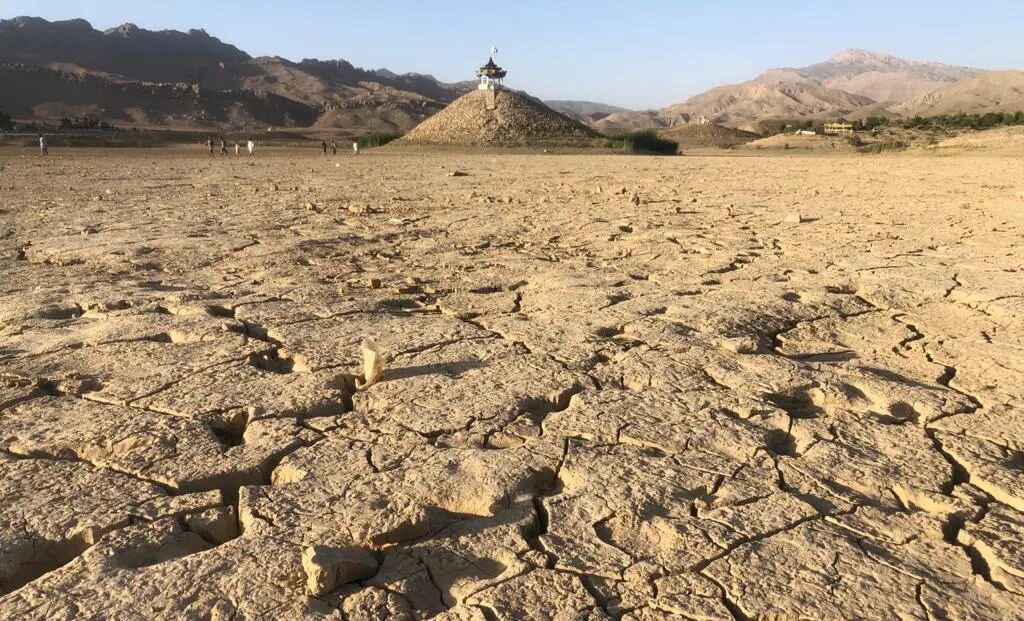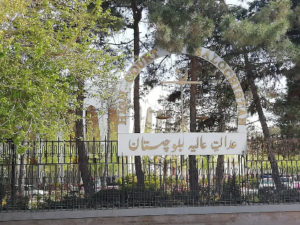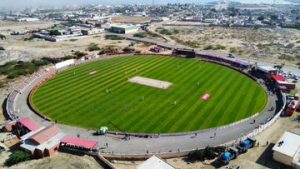Syed Ali:
Climate change is a long-term change in temperature and seasonal conditions. Many people think that global warming is just a rise in temperature but that is just the start of the story. Climate change can result in droughts, flooding, a rise in sea levels, a threat to biodiversity, and severe storms. Climate change is caused both by nature and by humans. Since the 1800s humans have participated the most in global warming by burning fossil fuels i.e. coal, gas, and oil. These fossils emit greenhouse gases that trap the heat coming from the sun.
BALOCHISTAN MORE PRONE TO CLIMATE CHANGE
Pakistan’s temperature is increasing by 1 centigrade each year due to global warming. According to the climate change performance index (CCPI), Pakistan is the 7th most vulnerable country in the world and Balochistan especially. Droughts have hit Balochistan in different areas many times. Earlier Quetta had 100 Karezes and Mastung had 250 but now only one or two of them are left in Mastung.
According to an environmental specialist, Quetta city will be completely dry in nearly 5 to 6 years. The ignorance of the government and the poverty of the province make the situation worse in to fight against the climate change as the Daily Average income of more than half of Balochistan’s population is 2 dollars. 85% percent of the province’s population is dependent on agriculture and the droughts have affected the income of many families.
CAUSES
Deforestation:
One of the major causes of climate change in Balochistan is deforestation. Due to less supply of Sui gas, people cut down trees for cooling purposes in many areas. Increasing deforestation is decreasing biodiversity.
Garbage:
Garbage can be seen on each corner of the street, which shows the poor performance of the government. Landfills of garbage are also the main source of methane emissions that cause global warming.
Depleting water level:
The city is overpopulated and many illegal tube wells are installed. According to WASA, there are around 6000 illegal tube wells in Quetta. These tube wells are decreasing the underground water level rapidly. Earlier water was available at 100 to 200 feet but now it is available at more than 800 feet.
Also Read: Looming threat of climate change in Pakistan
Impacts
Droughts:
The most dangerous effect of climate change on Balochistan is Extreme droughts, which the province is facing already. Barkan is in a more dangerous condition as it had a prolonged drought of 22 months from the year 1999 to 2001. Quetta has faced extreme droughts in the years 2000, 2004, and 2008.
Threat to Biodiversity:
Balochistan has a rich biodiversity, famous wild animals and birds found in the province are Markhor, Chakor, etc. The depletion of Karezes and Chashmas (springs) has endangered these species. The migratory birds traveled from Russian Siberia to Hana Lake, Quetta, and then towards Sindh but now they have vanished.
Also Read: Climate Change and Quetta
The danger of mass Migration:
There will be mass migration in Balochistan due to droughts which will possess adverse impacts. The province is already distributed by the migration of Afghan refugees which created differences between Pashtun and Baloch ethnic groups. The politicians are the only ones which benefited from the situation as it enhanced their politics.
RECOMMENDATIONS
The ignorant government is unaware that how climate change will affect the economy and stability of our province. In order to avoid deforestation, the Sui gas supply must be provided at lower costs to Ziarat and Zhob. Dams have to be built to store water, and then the stored water can be used in drought-like situations. Former Prime Minister Imran Khan’s program of planting 100 million trees should be supervised. An awareness program is necessary for the province to switch from fossil fuels to solar and wind energy. Installation of tube wells
should be banned.
CONCLUSION
Pakistan has signed the Paris agreement on climate change so the international community should help Pakistan as it is the seventh most vulnerable country to climate change but its emissions are 0.7% which is nearly negligible. As a developing country with limited resources and poverty, it is very difficult for Pakistan to fight against Climate change.
The author is the editor of the Quetta Voice. He can be reached at @alishahjourno on Twiter







2 comments